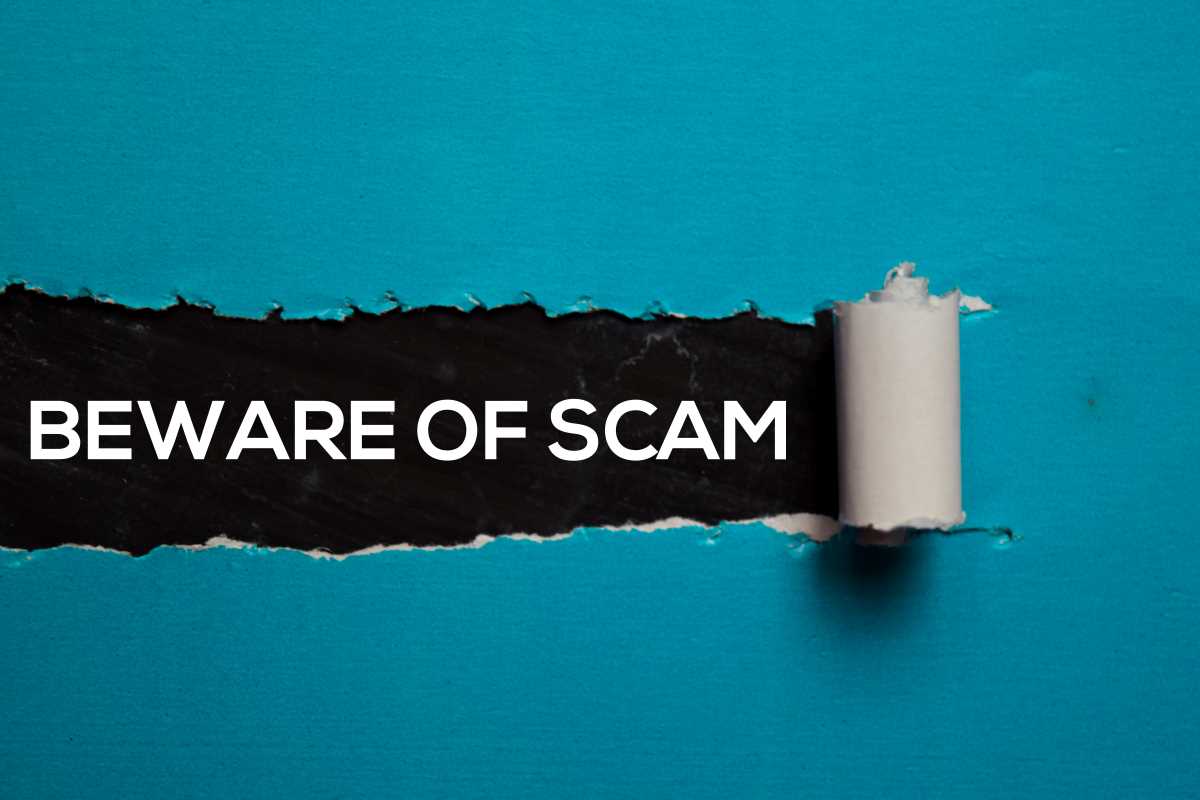
If you’re traveling internationally, you may need to renew your passport. Consumers unaware of the passport renewal process may fall victim to online scams. These scams trick U.S. citizens into paying a fee to fill out a renewal form that is a free download on the government’s website. As a result, consumers may be tricked into providing their personal and financial information on potentially unsecured websites.
As of June 2024, eligible U.S. citizens can renew their passports online through a new test system. If you do not qualify for online renewal or do not want to use the online renewal system, you can still renew your passport by mail.
How this scam works
You have planned an exciting international trip, so you go online and search for how to renew your passport. At the top of your search results is what appears to be the U.S. passport renewal website. The site tells you what forms need to be provided and that you can fill out the forms right there. You’re asked to provide your personal information, such as your social security number, home address, birth date, and much more.
After completing the form, you’re asked to pay a “processing fee” or an “application fee.” You’re then told that you’ll receive your completed form as a PDF in an email confirmation. (Easy!)
When you receive your confirmation email with your completed PDF form, you are told that you still need to pay money for the actual renewal of your passport. At this moment, you may realize you’ve been scammed into paying to fill out a form instead of actually paying to renew your passport. On top of that, you may have just handed your personal and financial information over to a scammer.
BBB Scam Tracker has received reports of online passport renewal scams. One consumer shared the following experience, “I went into the site assuming it was the State.gov site because it resembled it completely, including the URL. I did not notice that it ended as state.com, not state.gov. By the time I had submitted the application for my passport renewal and payment, I noticed that it was a fraud by the language on the confirmation page.”
Another consumer reported this experience, “I went online to renew my father’s passport. I inputted all his personal information and was charged 68.00–this company is posing as a government agency and scamming people.”
How to avoid similar scams
- Do your research. Before renewing your passport, look up the most recent information on the renewal process. Check with the U.S. government to confirm if online renewal services are available for passports. Remember that you should not have to pay a fee to fill out the required forms for a passport renewal – you’ll only need to provide payment for the renewal itself.
- Give yourself plenty of time when renewing your passport. Processing times for passport renewals can change often. In addition to the indicated processing times, you should also consider the time it takes for your passport to arrive at the passport agency and then be mailed back to your home address. Check state.gov to see current processing times and plan ahead. Giving yourself plenty of time may reduce your likelihood of searching for quicker options, some of which could be scams. You can expedite your passport renewal with the U.S. government for an extra fee, but it may take several weeks.
- Confirm the website’s URL before providing sensitive information. It can be easy to click on a sponsored ad or an impostor website without noticing. Remember, government websites end in .gov but always take a closer look. Scammers can trick you into thinking URLs look legitimate when they aren’t. Before typing in sensitive information, check that the website and link are secure. Learn more about identifying fake websites.
- Be wary of third-party websites. There are legitimate passport assistance services, but check with BBB.org and BBB Scam Tracker first to ensure you aren’t sharing your personal or financial information with a scammer.

